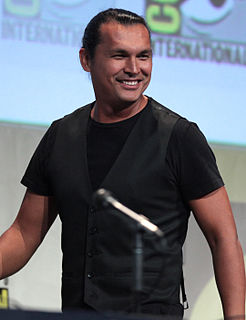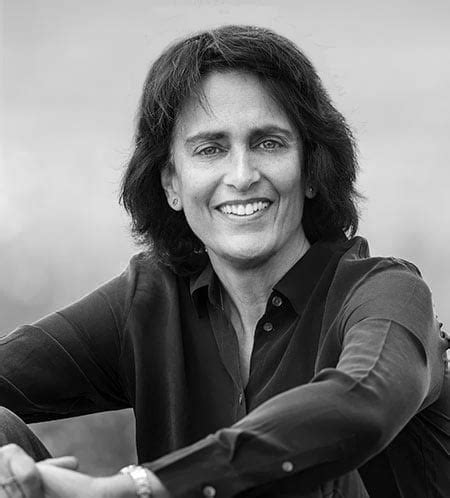A Quote by Ellen Page
Sometimes something will be happening in pop culture and a movie will be right there, so you'll have this perception that maybe the movie got there first. But in reality, culture gets there first.
Related Quotes
In the movies first impressions are everything. Or, to put it less drastically, in the movies there are no later impressions without a first impression, because you will have stopped watching. Sometimes a critic persuades you to give an unpromising-looking movie a chance, but the movie had better convey the impression pretty quickly that the critic might be right.
When you screen it the first couple times, you're just trying to get the movie to work, trying to get the story to flow, trying to find out where your areas are where you have enough breath to laugh a little bit. So you're doing that the first two or three screenings, and then finally, you dial the movie in and it's working, and at that point, it's 50/50 as far as what's funny and what's working. Sometimes you'll put something in and it will just die so hard that it'll almost kill the movie.
I kind of joke with myself that you shouldn't be able to be a creative producer if you weren't a first AD. Because it is such fantastic training for really understanding what everyone does, and how the movie actually gets made. You have to know if you're the first you're kind of the set general, you're at the director's right hand, you know everything about how a director puts a movie together, you know everything about how a movie gets made.
I’ve always thought that if comics are a part of pop culture [then] they should reflect pop culture, but a lot of the time comics, superhero comics especially, just feed on themselves. For me, comics should take from every bit of pop culture that they can; they’ve got the same DNA as music and film and TV and fashion and all of these things.
Many teachers of the Sixties generation said "We will steal your children", and they did. A significant part of America has converted to the ideas of the 1960s - hedonism, self-indulgence and consumerism. For half of all Americans today, the Woodstock culture of the Sixties is the culture they grew up with - their traditional culture. For them, Judeo-Christian culture is outside the mainstream now. The counter-culture has become the dominant culture, and the former culture a dissident culture - something that is far out, and 'extreme'.




































